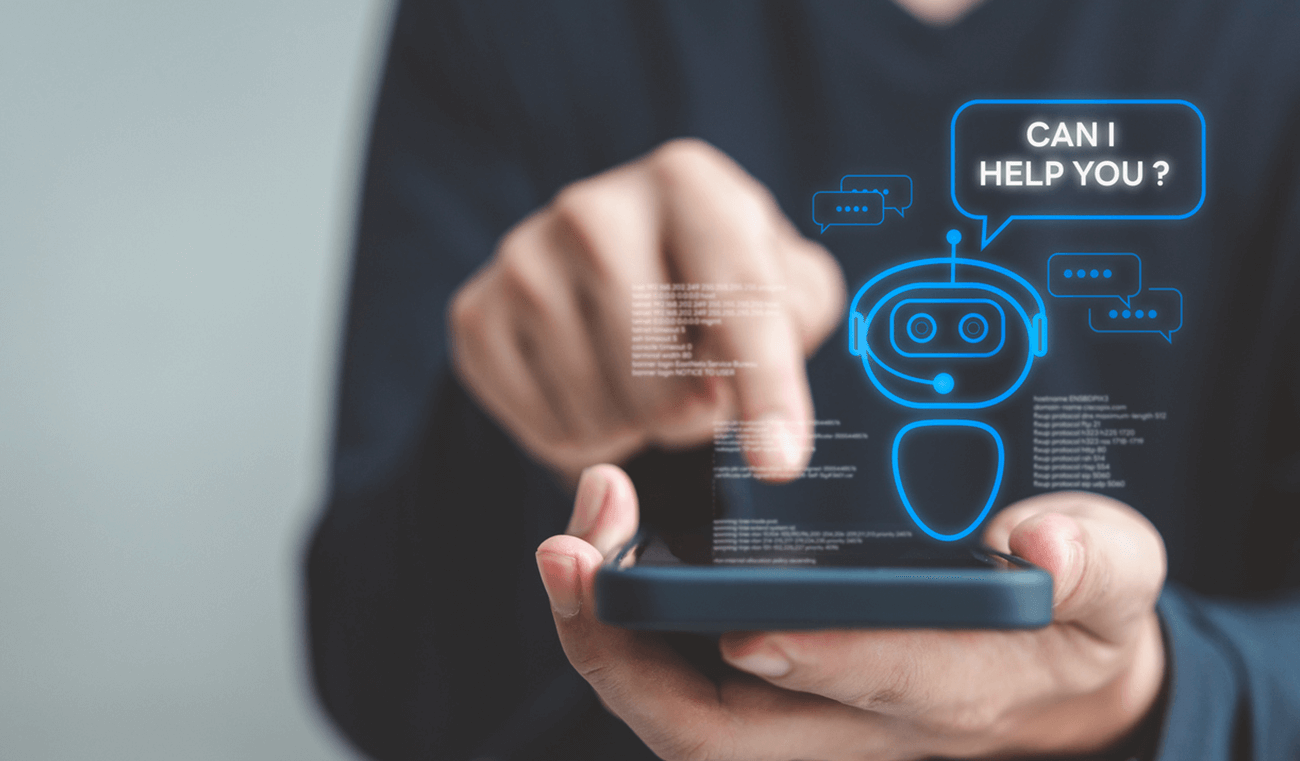
The Role of AI in the Hospitality and Tourism Industry
Artificial Intelligence (AI) has revolutionized numerous industries, and the hospitality and tourism industry is no exception. From enhancing customer service to optimizing operations, AI has proven to be a game-changer for the hospitality and tourism industry. In this article, we’ll explore the various roles of AI in the hospitality and tourism industry.
Personalized Recommendations
AI has made it possible for hotels, airlines, and travel agencies to provide personalized recommendations to customers. By analyzing customer data, AI algorithms can identify customer preferences and provide tailored recommendations for accommodations, restaurants, and activities. This level of personalization helps to improve customer satisfaction and build brand loyalty.
Chatbots
Chatbots are AI-powered tools that allow customers to interact with businesses through messaging platforms. In the hospitality and tourism industry, chatbots can help customers make reservations, get directions, and access information about local attractions. By automating routine tasks, chatbots free up staff to focus on more complex tasks.
Revenue Management
AI-powered revenue management tools help hotels and airlines optimize their pricing strategies. By analyzing market trends, customer demand, and competitor pricing, these tools can help businesses set prices that maximize revenue while still attracting customers. Revenue management tools also help businesses predict future demand and adjust prices accordingly.
Voice-Enabled Assistants
Voice-enabled assistants, like Amazon’s Alexa and Google Assistant, are becoming increasingly popular in hotels. These devices allow guests to control the temperature, lighting, and entertainment systems in their rooms using voice commands. Voice-enabled assistants also make it easier for guests to access hotel services, like room service and housekeeping.
Predictive Maintenance
AI can help hotels and airlines predict when equipment is likely to fail, allowing them to schedule maintenance before a breakdown occurs. This reduces the risk of unexpected downtime and improves the overall guest experience. Predictive maintenance also helps businesses save money on repairs and replacements.
Fraud Detection
AI algorithms can help detect and prevent fraudulent transactions in the hospitality and tourism industry. By analyzing transaction data, AI can identify patterns that suggest fraudulent activity and flag those transactions for further review. This helps businesses protect themselves and their customers from financial losses.
In conclusion, AI has the potential to transform the hospitality and tourism industry in numerous ways. From enhancing the guest experience to improving operational efficiency, AI-powered tools can help businesses stay competitive in a rapidly evolving industry. As AI technology continues to evolve, we can expect to see even more innovative applications in the hospitality and tourism industry.

